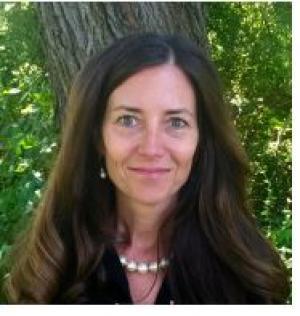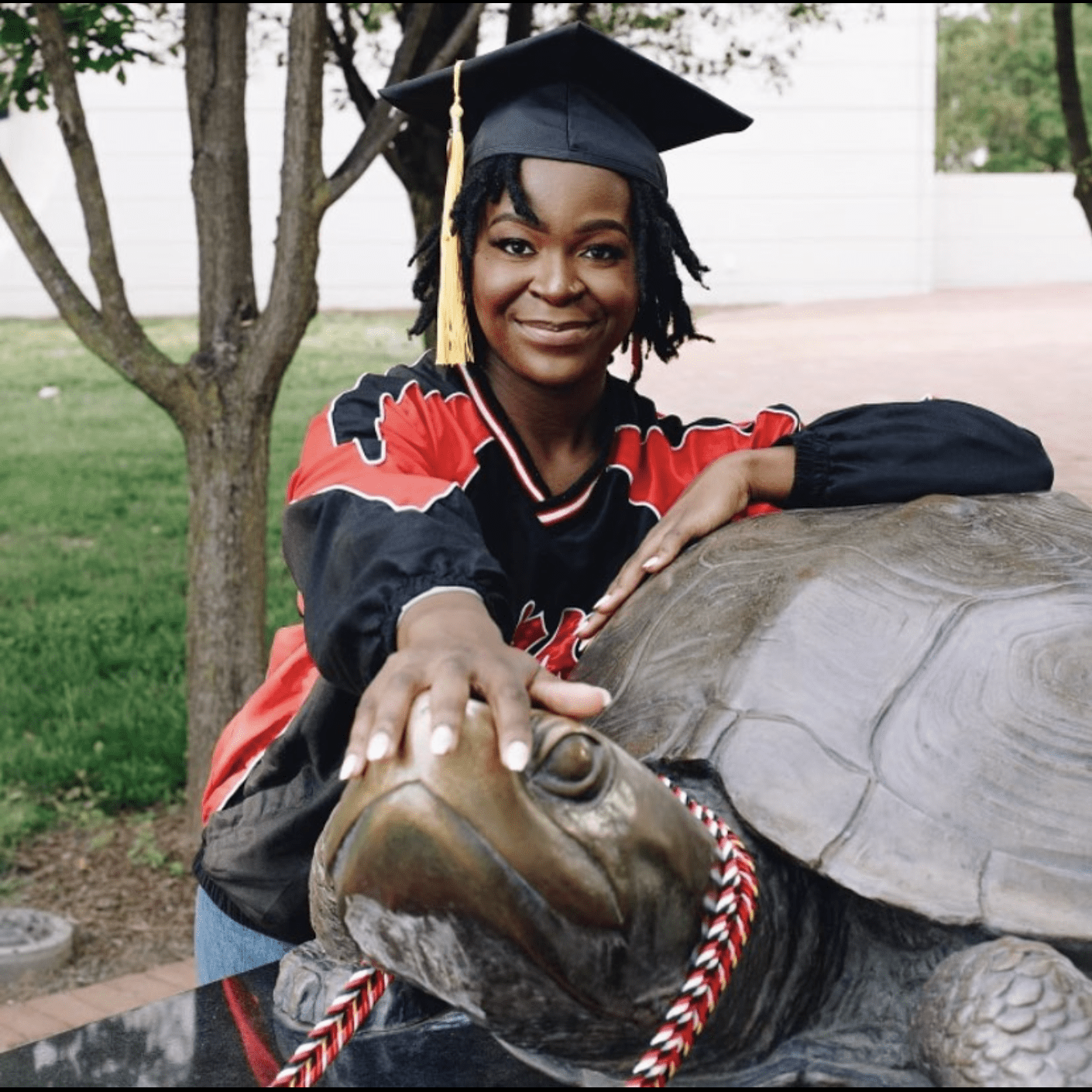Civic Engagement for Social Good
Inspiring community collaboration and meaningful change
Introduction
The world critically needs changemakers committed to understanding social issues and collaborating alongside their communities to foster meaningful change. In Civic Engagement for Social Good (CESG), previously known as CIVICUS, students work with organizations addressing a range of societal challenges, including poverty, food insecurity, housing insecurity, child welfare, education, political activism, animal rights, and the environment. Students explore:
- Issues impacting local communities
- Organizations that are addressing pressing social issues
- Ways to engage in hands-on work in civic engagement
- Strategies for deliberative dialogue in a multicultural world
- Methods to leverage their strengths to make sustainable change
CESG coursework and community engagement activities operate in tandem, creating a synergy that enhances the overall student experience. Coursework provides an opportunity for students to explore the root causes of social needs and strategies for addressing social concerns that they see during their work in the community, while service projects and co-curricular activities create an environment for students to implement what they learn in the classroom.
As an interdisciplinary program, CESG students represent a wide range of academic interests and majors. Civic Engagement for Social Good encourages students to ground their work in their passions, academic majors, and professional interests.
Through their shared passion for social good and engagement in co-curricular activities, CESG students form a close cohort who develop strong friendships and support each other throughout their time at UMD.
Colloquium and Lecture Topics
- The complexities and the structures that cause social issues
- Concepts related to the theories and practices of civic engagement
- Models for working towards positive social change
- Ways to engage in difficult conversations with empathy around differences of perspective, beliefs, and identities
[This program] has made me a kinder, more compassionate, more informed person. [It] gave me the opportunity to get my hands dirty, to engage in the community in ways I never thought I could. [It] has taught me that it takes a village but also that I can make tremendous change myself..providing me with more opportunities for learning and character-building than I would've gotten in any other program or club.
Other Learning Opportunities
Students are actively engaged in UMD, College Park and surrounding areas, and Washington, DC annually completing over 1,000 hours of volunteer work. Students can choose from over 100 projects per year with a wide array of partner organizations.
Students:
- Participate in civic engagement projects. Recently, students have acted as mentors for local elementary students, planted trees to increase the canopy in Washington, DC, served meals from a mobile soup kitchen, handled dogs at a humane rescue adoption event, canvassed on behalf of political candidates, and captioned videos to ensure accessibility for a wider community.
- Take trips to Washington DC and the surrounding area where they participate in scavenger hunts, visit memorials, monuments, and museums, and attend baseball games, cultural heritage events, and the performing arts.
- Meet guest speakers, including politicians, staff members from local non-profit organizations, and local community leaders and activists
- Participate in community-building activities, such as challenge courses, trivia nights, bingo, BBQs, and study breaks
CESG staff provide the planning, logistical support, and transportation for most activities. All second-year students also participate in a capstone experience for academic credit. The capstone can include an internship, extensive work with a non-profit, or affiliated experiential learning courses. Students in the past have held internships in local and national politics, non-profits, high-profile media outlets, medical facilities, research labs, mentoring organizations, and peer dialogue training. The capstone gives students authentic experiences and skills that help support their academic work, career goals, and future community engagement efforts.
Curriculum Overview
Over the two-year program (four semesters), students complete 12-credit hours that count toward their CESG Scholars citation. The following table represents a typical two-year curriculum. Details about courses and requirements can be found on the CESG Citation Checklist
| SEMESTER | COURSE | CREDITS |
|---|---|---|
| Semester 1 | CPCV 100: Colloquium I | 1 credit |
| CPCV 225: Intro to Civic Engagement for Social Good | 3 credits | |
| Semester 2 | CPCV 101: Colloquium II | 1 credit |
| Semester 3 | CHSE 328C: Intergroup Dialogue (DVCC) | 1 credit |
| Semester 4 | CPCV 230: Internship; or CPCV 240: Service-Learning; or CPCV 250: Research; or |
3 credits 3 credits 3 credits |
| Semester 1, 2, 3, or 4 | Supporting Course (var. Gen Ed) | 3 credits |
Sponsoring College
Office Address
1103 Centerville Hall
Office Email
Faculty


Deborah Omotoso
News and Notes, Etc.
Civic Engagement for Social Good News
What Scholars Did on Their Summer Break
It’s a perennial back-to-school query from teachers: What did you do on your summer vacation? When we asked some of our Scholars students and alumni, they had a lot to tell us… and not surprisingly, they made the most of their summer break. Now that students have settled in on campus and the semester is a few weeks in, we highlight some of our impressive Scholars accomplishments from over the summer. Amit and Erin Koppel Year: Sophomore (Amit), Senior (Erin)
Beloved Life Sciences Director Reid Compton Steps Down From Scholars
Reid Compton, a longtime fixture of the Life Sciences Scholars program, has stepped down from his role as program director after nearly 10 years. Compton was only the second person to head the Life Sciences program, which has existed since College Park Scholars’ founding about 25 years ago. Though a trained biomedical scientist, Compton made the decision to keep the program’s broad approach to the life sciences to include natural history, evolution and conservation, rather than restrict it to a premedical program. He wanted students to appreciate that there is more to the living world than humans and their diseases.
11 Things We Learned by Going Viral
College Park Scholars has been coordinating an annual theme for each of the past few years. It’s a chance for students across our community to come together to engage in a shared intellectual experience. Whether it’s trash—our theme from the 2015–2016 academic year—power or something else, we take on a complex, multifaceted problem, work to understand its causes and impacts, and discuss how we might address it with thoughtfulness and creativity. The annual theme and related programming afford us the opportunity to realize on a grand scale an idea that shapes everything we do in Scholars: We learn better when we learn together.
In Memoriam: Marybeth Drechsler Sharp
College Park Scholars is grieving over the loss of Marybeth Drechsler Sharp, who died June 5, 2018, after an 18-month battle with breast cancer. She was a longtime graduate assistant on the Scholars central staff who made contributions to the program both professionally and personally. “If a College Park Scholar is supposed to connect the heart of a strong community with the intellect of academic inquiry, Marybeth showed us what a Scholar could be,” says Scholars Associate Director Dave Eubanks, who worked with Drechsler Sharp. “That was clear to me from my first weeks with Scholars and has been a foundational part of how I have thought about our programs ever since.”
College Park Scholars Mourns Ira Berlin
College Park Scholars mourns Ira Berlin, who died June 5, 2018, in Washington. Berlin was a celebrated historian and scholar on slavery who, as dean for undergraduate studies at the University of Maryland, helped found College Park Scholars in 1993. The intent was to combine the best of academic and student affairs into a singular living–learning program for high-achieving students.
How This Life Sciences Scholar Taught the UMD Community About Self Care
When Anthony Sartori was a freshman at the University of Maryland (UMD), he recognized the need for a community-wide revitalization of care—something that would connect students with themselves and with others. “I came to college lacking self-care strategies,” Sartori says. “No one taught me how to properly take care of myself or what I need to do when I’m feeling overwhelmed.” So, the Life Sciences Scholar began having conversations with other College Park Scholars students, as well as Scholars Assistant Director Ben Parks. He realized that many others felt the same, and were interested in providing and facilitating self-care opportunities for their peers.


